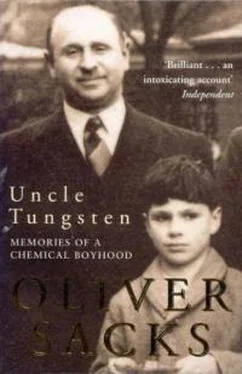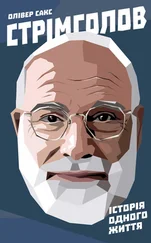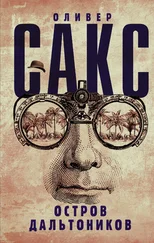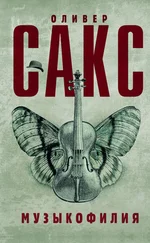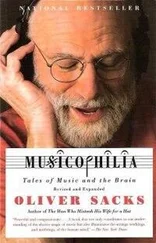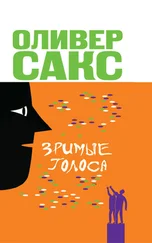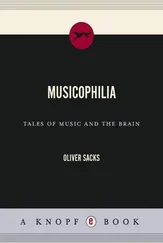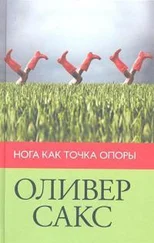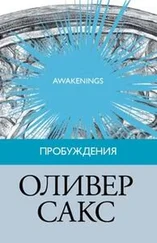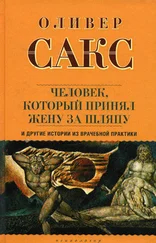Some of these stinks incited me to pranks. We would get fresh fish every Friday, carp and pike, which my mother would grind to make the gefilte fish for shabbas. One Friday I added a little trimethylamine to the fish, and when my mother smelled this, she grimaced and threw the lot away.
My interest in smells made me wonder how we recognized and categorized odors, how the nose could instantly delineate esters from aldehydes, or recognize a category such as terpenes, as it were, at a glance. Poor as our sense of smell was compared to a dog’s – our dog, Greta, could detect her favorite foods if a tin was opened at the other end of the house – there nevertheless seemed in humans to be a chemical analyzer at work at least as sophisticated as the eye or the ear. There did not seem to be any simple order, like the scale of musical tones, or the colors of the spectrum; yet the nose was quite remarkable in making categorizations that corresponded, in some way, to the basic structure of the chemical molecules. All the halogens, while different, had halogenlike smells. Chloroform smelled exactly like bromoform and (while not identical) had the same sort of smell as carbon tetrachloride (sold as the dry-cleaning fluid Thawpit). Most esters were fruity; alcohols – the simplest ones, anyway – had similar ‘alcoholic’ smells; and aldehydes and ketones, too, had their own characteristic smells.
(Errors, surprises, could certainly occur, and Uncle Dave told me how phosgene, carbonyl chloride, the terrible poison gas used in the First World War, instead of signaling its danger by a halogenlike smell, had a deceptive scent like new-mown hay. This sweet, rustic smell, redolent of the hayfields of their boyhood, was the last sensation phosgene-gassed soldiers had just before they died.)
The bad smells, the stenches, always seemed to come from compounds containing sulphur (the smells of garlic and onion were simple organic sulphides, as closely related chemically as they were botanically), and these reached their climax in the sulphuretted alcohols, the mercaptans. The smell of skunks was due to butyl mercaptan, I read – this was pleasant, refreshing, when very dilute, but appalling, overwhelming, at close quarters. (I was delighted, when I read Antic Hay a few years later, to find that Aldous Huxley had named one of his less delectable characters Mercaptan.)
Thinking of all the malodorous sulphur compounds and the atrocious smell of selenium and tellurium compounds, I decided that these three elements formed an olfactory as well as a chemical category, and thought of them thereafter as the ‘stinkogens.’
I had smelled a bit of hydrogen sulphide in Uncle Dave’s lab – it smelled of rotten eggs and farts and (I was told) volcanoes. A simple way of making it was to pour dilute hydrochloric acid on ferrous sulphide. (The ferrous sulphide, a great chunky mass of it, I made myself by heating iron and sulphur together till they glowed and combined.) The ferrous sulphide bubbled when I poured hydrochloric acid on it, and instantly emitted a huge quantity of stinking, choking hydrogen sulphide. I threw open the doors into the garden and staggered out, feeling very queer and ill, remembering how poisonous the gas was. Meanwhile, the infernal sulphide (I had made a lot of it) was still giving off clouds of toxic gas, and this soon permeated the house. My parents were, by and large, amazingly tolerant of my experiments, but they insisted, at this point, on having a fume cupboard installed and on my using, for such experiments, less generous quantities of reagents.
When the air had cleared, morally and physically, and the fume cupboard had been installed, I decided to make other gases, simple compounds of hydrogen with other elements besides sulphur. Knowing that selenium and tellurium were closely akin to sulphur, in the same chemical group, I employed the same basic formula: compounding the selenium or tellurium with iron, and then treating the ferrous selenide or ferrous telluride with acid. If the smell of hydrogen sulphide was bad, that of hydrogen selenide was a hundred times worse – an indescribably horrible, disgusting smell that caused me to choke and tear, and made me think of putrefying radishes or cabbage (I had a fierce hatred of cabbage and brussels sprouts at this time, for boiled, overboiled, they had been staples at Braefield).
Hydrogen selenide, I decided, was perhaps the worst smell in the world. But hydrogen telluride came close, was also a smell from hell. An up-to-date hell, I decided, would have not just rivers of fiery brimstone, but lakes of boiling selenium and tellurium, too.
My father was not given to emotion or intimacy, at least in the context, the confines, of the family. But there were certain times, precious times, when I did feel close to him. I have very early memories of seeing him reading in our library, and his concentration was such that nothing could disturb him, for everything outside the circle of his lamp was completely tuned out of his mind. For the most part he read the Bible or the Talmud, though he also had a large collection of books on Hebrew, which he spoke fluently, and Judaism – the library of a grammarian and scholar. Seeing his intense absorption in reading, and the expressions that would appear on his face as he read (an involuntary smile, a grimace, a look of perplexity or delight), perhaps drew me to reading very early myself, so that even before the war I would sometimes join him in the library, reading my book alongside him, in a deep but unspoken companionship.
If there were no housecalls to do in the evening, my father would settle down after dinner with a torpedo-shaped cigar. He would palpate it gently, then hold it to his nose to test its aroma and freshness, and if it was satisfactory he would make a V-shaped incision in its tip with his cutter. He would light it carefully with a long match, rotating it so that it lit evenly. The tip would glow red as he drew, and his first exhalation was a sigh of satisfaction. He would puff away gently as he read, and the air would turn blue and opalescent with smoke, enfolding us both in a fragrant cloud. I loved the smell of the beautiful Havanas he smoked, and loved to watch the grey cylinder of ash grow longer and longer, wondering how long it would get before it dropped on his book.
I felt closest to him, truly his son, when we went swimming together. My father’s passion, from an early age, had been swimming (as his father had been a swimmer before him), and he had been a swimming champion when he was younger, having won the fifteen-mile race off the Isle of Wight three years in succession. He had introduced each of us to the water when we were babies, taking us to the Highgate Ponds in Hampstead Heath.
The slow, measured, mile-eating stroke he had was not entirely suited to a little boy. But I could see how my old man, huge and cumbersome on land, became transformed – graceful, like a porpoise – in the water; and I, self-conscious, nervous, and also rather clumsy, found the same delicious transformation in myself, found a new being, a new mode of being, in the water. I have a vivid memory of a summer holiday at the seaside, the month after my fifth birthday, when I ran into my parents’ room and tugged at the great whalelike bulk of my father. ‘Come on, Pop!’ I said.
‘Let’s go for a swim.’ He turned over slowly and opened one eye: ‘What do you mean, waking an old man of forty-three like this at six in the morning?’ Now that my father is dead, and I myself am in my sixties, this memory of so long ago tugs, makes me equally want to laugh and cry.
Later we would swim together in the large open-air pool in Hendon, or the Welsh Harp on Edgware Road, a small lake (I was never sure whether it was natural or artificial) where my father had once kept a boat. After the war, as a twelve-year-old, I could begin to match his strokes, and maintain the same rhythm, swimming in unison with him.
Читать дальше
